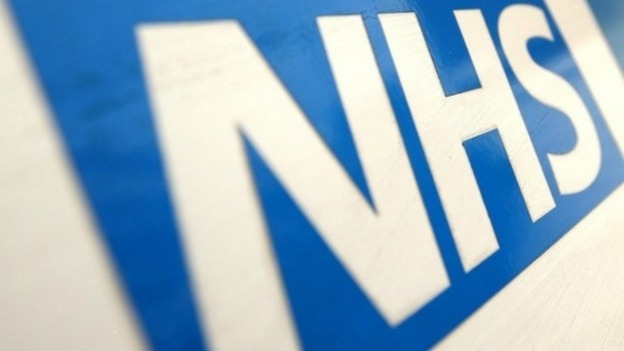11 Failing NHS Hospitals Report Published Today
All 14 trusts have been ordered to act on recommendations after it emerged thousands more patients may have died than expected.
The Health Secretary has revealed that 11 hospital trusts listed in a shocking report of care failures have been placed under “special measures”.
After the publication of Professor Sir Bruce Keogh’s review into 14 trusts, Jeremy Hunt, speaking in the Commons, said we can “no longer ignore mediocre treatment”.
All of the trusts have been ordered to act on recommendations made by health officials.
The review found that none of the hospitals investigated were providing “consistently high quality care to patients”.
Mr Hunt told MPs: “No statistics are perfect but mortality rates suggest that since 2005, thousands more people may have died than would normally be expected at the 14 trusts reviewed.
“Worryingly, in half of those trusts, the Care Quality Commission – the regulator specifically responsible for patient safety and care – failed to spot any real cause for concern, rating them as ‘compliant’ with basic standards.”
The trusts in special measures will be assessed, senior managers “not up to the job will be removed” and each hospital will be given a high performing organisation as a mentor, Mr Hunt said.
He also sought to blame former health secretary Andy Burnham for the failings, telling MPs the findings represented Labour’s “darkest moment”.
But Mr Burnham hit back, accusing the Health Secretary of “playing politics with people’s lives”, adding that the report was based on trust performances in 2011 and 2012, after the coalition had taken office.
Tameside General Hospital in Greater Manchester was one of the worst trusts in England.
The investigation found “insufficient levels of nursing staff”, “poor supervision of junior doctors by consultants” and a “lack of compassion” from staff dealing with patient complaints.
Interim chief executive Karen James apologised to patients unhappy with the care they had received at the hospital.
“I feel disappointed that they have been unable to provide positive feedback,” she told Sky News.
“However, what I want to do is involve patients in the next stage of our improvement programmes, so we need to take on board what they are saying about our services.
“What they feel and what they experience is absolutely key to us in actually addressing the fundamentals,” she added.
Mr Hunt said where failures have been found in hospitals like Tameside “they have been confronted straight away”.
Other examples of problems included patients being left unmonitored on trolleys for excessive periods, staff working up to 12 days in a row and low levels of clinical cover, especially out of hours.
Sir Bruce, NHS England’s medical director, was asked to conduct a series of ‘deep-dive’ reviews into other hospitals with mortality rates which have been consistently high for two years or more after the Francis report into failures at the Mid-Staffordshire NHS Trust.
He said: “Higher mortality rates do not always point to deaths which could have been avoided but they do act as a ‘smoke alarm’ indicator that there could be issues with the quality of care.
“Not one of these trusts has been given a clean bill of health by my review teams. These reviews have been highly rigorous and uncovered previously undisclosed problems.
“I felt it was crucial to provide a clear diagnosis, to write the prescription, and, most importantly, to identify what help these organisations might need to support their recovery or accelerate improvement.”
The Royal College of Nursing (RCN) welcomed the review and is calling for the recommendations to be implemented as a matter of urgency.
Dr Peter Carter, chief executive and general secretary, said: “There’s an undeniable link between nurse staffing levels and patient mortality and we can’t keep failing to address this issue.
“Only with the right numbers of nurses, with the right skills, can we ensure patients are looked after with dignity and compassion.”
Hospitals in special measures:
North Cumbria University Hospitals NHS Trust, Northern Lincolnshire and Goole Hospitals NHS Foundation Trust, Tameside Hospital NHS Foundation Trust, United Lincolnshire Hospitals NHS Trust, Basildon and Thurrock University Hospitals NHS Foundation Trust, Burton Hospitals NHS Foundation Trust, East Lancashire Hospitals NHS Trust, George Eliot Hospital NHS Trust, Sherwood Forest Hospitals NHS Foundation Trust, Buckinghamshire Healthcare NHS Trust, Medway NHS Foundation Trust.
Hospitals not in special measures:
Colchester Hospital University NHS Foundation Trust, The Dudley Group NHS Foundation Trust, Blackpool Teaching Hospitals NHS Foundation Trust.
Download the full report here in PDF keogh-review-final-report









